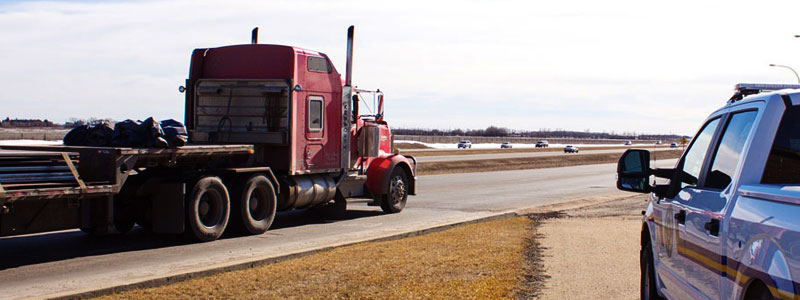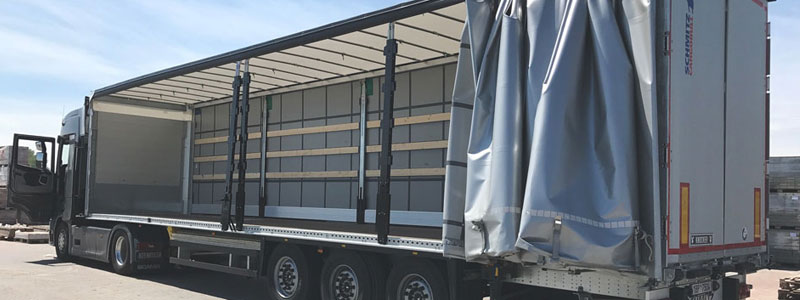Police Use Ghost Trucks to Patrol Indianapolis Highways

If you frequent the I-465 loop around Indianapolis, you may have already noticed that some semi trucks have someone in the passenger’s seat. In some of those cases, you may have seen a police officer.
The IMPD is trying to crack down on reckless driving in a fresh way: by seating officers in the passenger seats of semis.
This comes in the wake of a July accident that killed three and injured seven others. Cars and semis must coexist harmoniously because when crashes involving semis occur, the results can be nothing short of tragic.
That’s why officers are taking to the highways from an 18-wheel vantage point: to stop car-semi interactions that could potentially lead to accidents.
Doing Your Part

Keep this in mind whenever you take your car out for a spin: you are faster and smaller than any semi truck on the road. This applies to all cities. You can easily be involved in an accident in Indianapolis for not being careful and focused.
Every time you hurtle across traffic lanes to make your exit at the last second, consider the position you put other drivers in. They may have to brake suddenly, speed up quickly, or swerve into a different lane to avoid hitting you. Even with the quickest reaction times, there’s no guarantee that they’ll be able to perform the maneuvers necessary to avoid a car accident.
Now imagine if the driver you’re cutting off is driving an 18-wheeler.
Semi trucks take an average of 20 to 40 percent more time to slow to a stop than a car. There’s a direct relationship between load weight and stopping speed: the heavier the trailer, the longer the stop time.
So, if you cut off a semi truck on the road, they’ll take even longer to stop than a car. And that’s if they can even react in time.
Suppose, instead of slowing down all at once, the truck driver opts to swerve to avoid you. This can prove disastrous as well, should the incident occur during daytime traffic hours on the interstate.
In short: doing your part in avoiding semi truck related accidents looks like keeping an eye out at all times. Keep it safe. Keep it slow.
Whose Fault is it, Anyway?

If you stick to these parameters and goals for safe driving on your part but are still involved in an accident with a semi truck, how do we go about determining fault?
As with the tragedy in July, the truck driver could themselves be at fault. They could have caused the crash through their own negligence, even if they were doing something necessary for their business operations, such as trying to communicate with road dispatchers or nearby service centers, and took their eyes off the road for a second too long.
But the truck driver might not be 100 percent at fault. There are other parties involved who could potentially be liable for a semi truck accident.
For instance, a poorly loaded trailer may contribute to a truck swerving or losing control. Freight and other shipping companies must adhere to strict loading guidelines on the the maximum-allowed weights on varying lengths of trailer, as well as maximum weights allowed at certain positions in the trailer. This is why you may see scales or weigh stations along the highway, such as between Fishers and Fort Wayne.
If a poorly loaded trailer helped cause the car accident in Indianapolis, then those who loaded it may be liable for any damages.
Liability may also fall on negligent mechanics, inspectors, or manufacturers should faulty equipment be determined to be the cause of the semi truck accident.
Every case is different, and you should consult with an experienced semi truck accident attorney if you’re seeking damages.
Help from a Fishers Semi Truck Accident Lawyer
Semi-truck accidents can be catastrophic and absolutely life-changing. If you or someone you know has been injured—mildly or severely—due to the negligence of either a truck driver or any other party, Hensley Legal Group may be able to help. Call us today or contact us online for a free conversation about your claim.